Many people have PV installed in their homes. What are the pros and cons of installing solar power for households?
 namkoo solar
namkoo solar
Anyone interested in investing in solar panels can find a wealth of information through a quick online search. Unfortunately, this type of information overload often makes it difficult to determine if solar panels are a wise investment. While this is true, knowing the pros and cons of this energy source can help anyone make an informed decision.
Let's take a look at the pros and cons of solar energy.
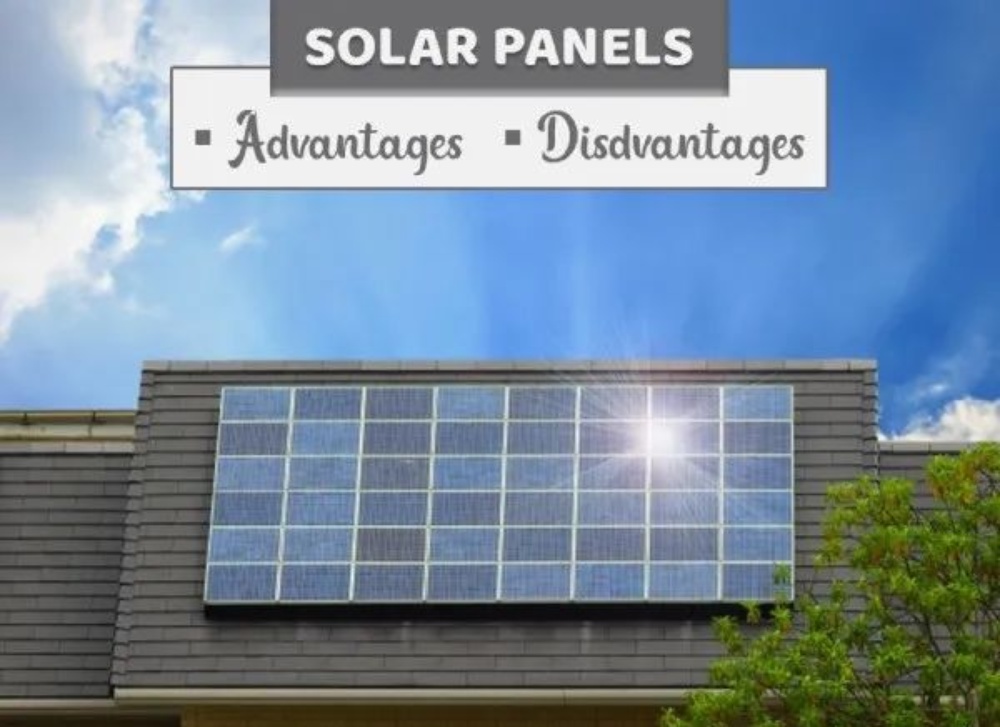
Advantages of Solar Panels:
Keep in mind that if solar panels are purchased and used as the sole source of electricity, it may be good to work with a generator dealer to ensure that power is available when there is not enough solar power. While this may be necessary, solar panels still offer a variety of benefits.
01. Solar panels can reduce energy costs:
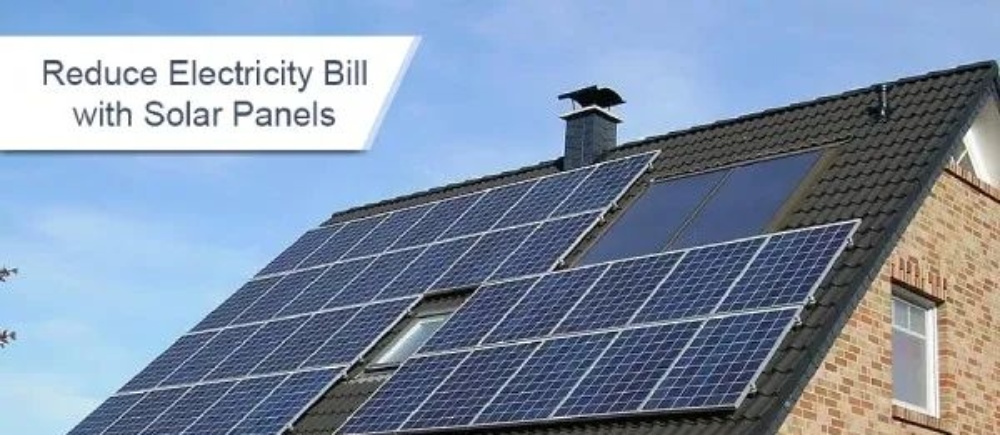
One of the most attractive benefits of installing solar panels is their ability to save the home or business owner money on their electric bill. Some states require net metering to be available. Net metering allows homeowners to offset the cost of electricity with the energy produced by the solar panels. The additional energy generated can be sold to the utility provider, which shows up on the electric bill.
02. Solar power systems reduce concerns about rising electricity prices
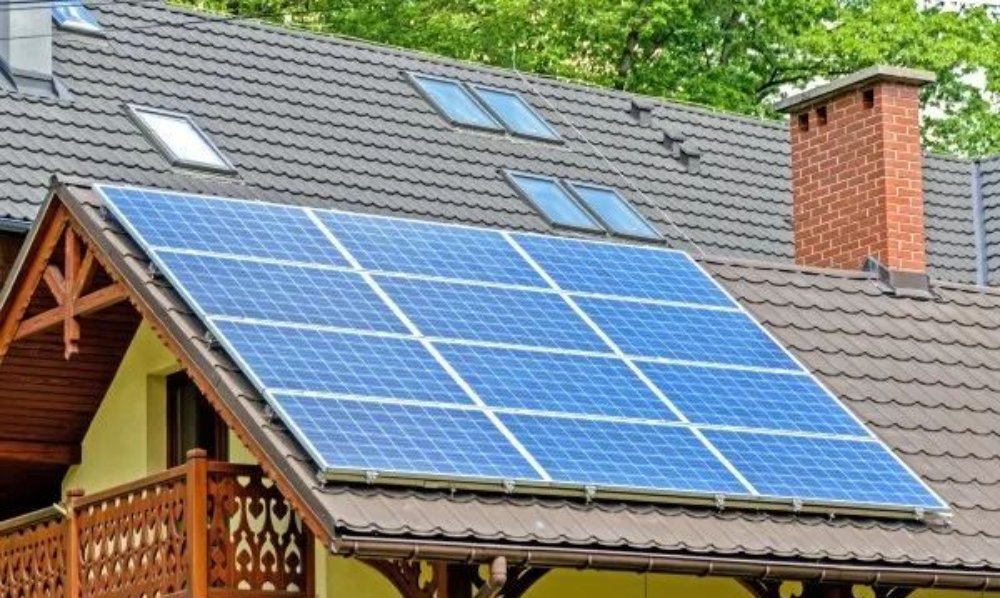
Most homeowners are aware that electricity is becoming more expensive. In fact, electricity costs have increased significantly over the past decade, averaging about $0.20 per year. This cost will continue to rise, which means that the cost of electricity will also increase. These growing costs can be avoided by installing solar panels. This is because the home or business will produce the energy and can avoid buying it from the utility company.
03. Solar energy is more affordable than ever:
While the cost of electricity is rising, the cost of solar panels is falling. Today, solar panels are more affordable than ever before. Over the past decade, the cost of installing solar panels has dropped by about 70 percent. With lower prices, more people can take advantage of this alternative energy source.
04. Solar panels can save electricity and provide an almost guaranteed return on investment (ROI):
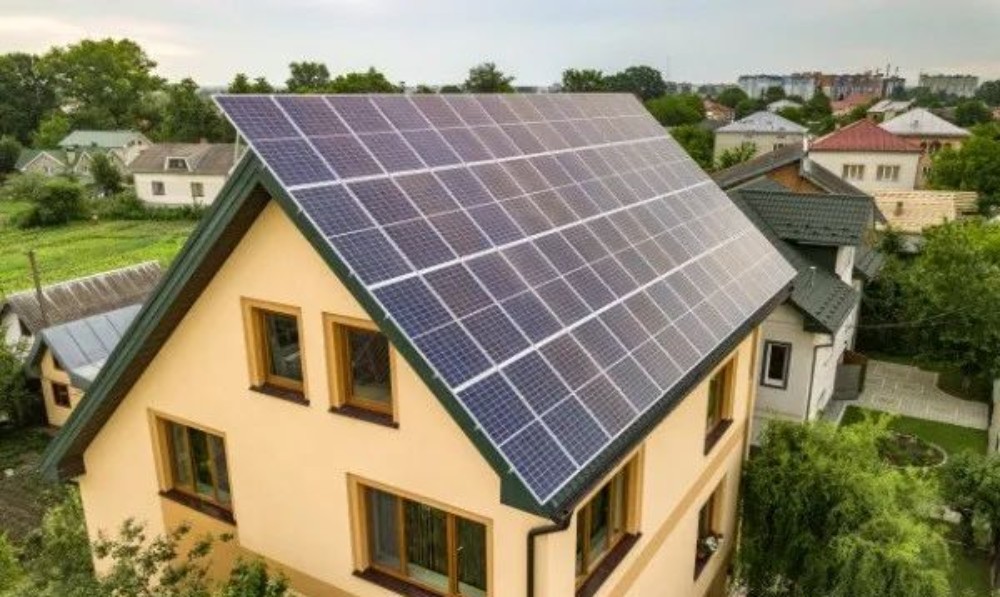
While solar panels will help eliminate or reduce the cost of electricity, they can also be used as a source of additional revenue. For example, net metering allows electricity to be sold back to the utility. Other incentives, such as SRECs or solar renewable energy credits, can also be offered. With these, solar panel owners can save hundreds of dollars (or more) per year, depending on the state/region where they live.
05. Solar panels are an environmentally friendly option for meeting energy needs
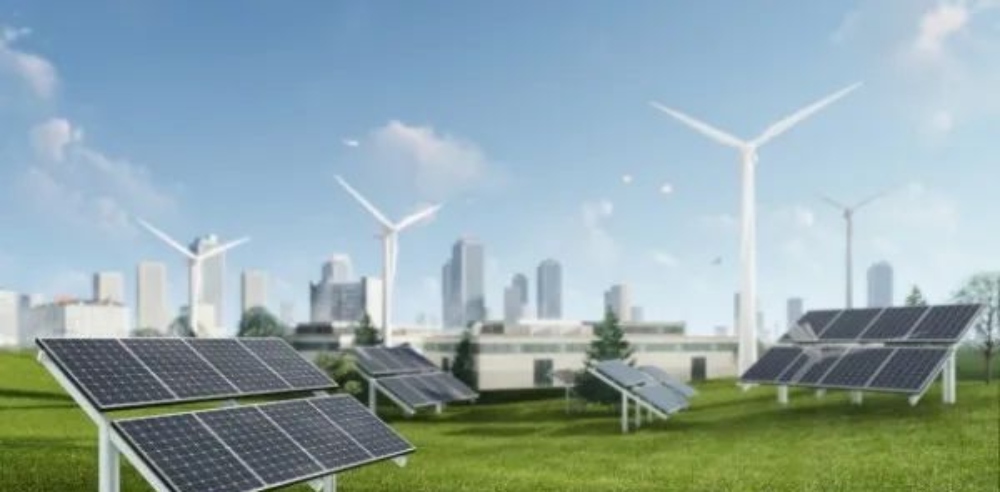
Another huge selling point of solar energy is that it is a renewable energy source. This means that as the resource is used, it will not be depleted. The actual energy and power of the sun is never depleted when the sunlight that hits the earth is captured and used for energy. The opposite is true for fossil fuels and similar energy sources.
Disadvantages of Solar Panels:
While there are many benefits to installing solar panels, there are also some disadvantages that people should be aware of. By knowing the full story, one can make an informed decision. The disadvantages of investing in solar panels can be found here.
01. The initial cost of solar panel installation is high
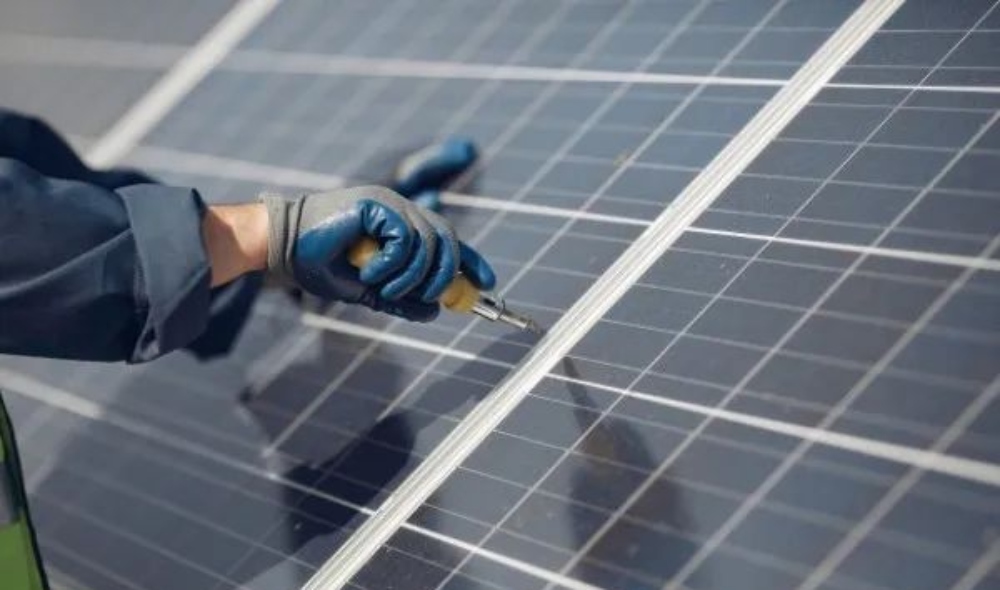
One of the main drawbacks to installing solar panels is the high upfront cost. Currently, the cost of solar energy in the United States is about $3.18 per watt. This means that a 6 kW solar system will cost over $19,000 before federal tax credits are applied. The exact cost of a solar system varies from state to state and depending on the incentives a person is eligible for.
02. Solar energy is an intermittent source of energy:
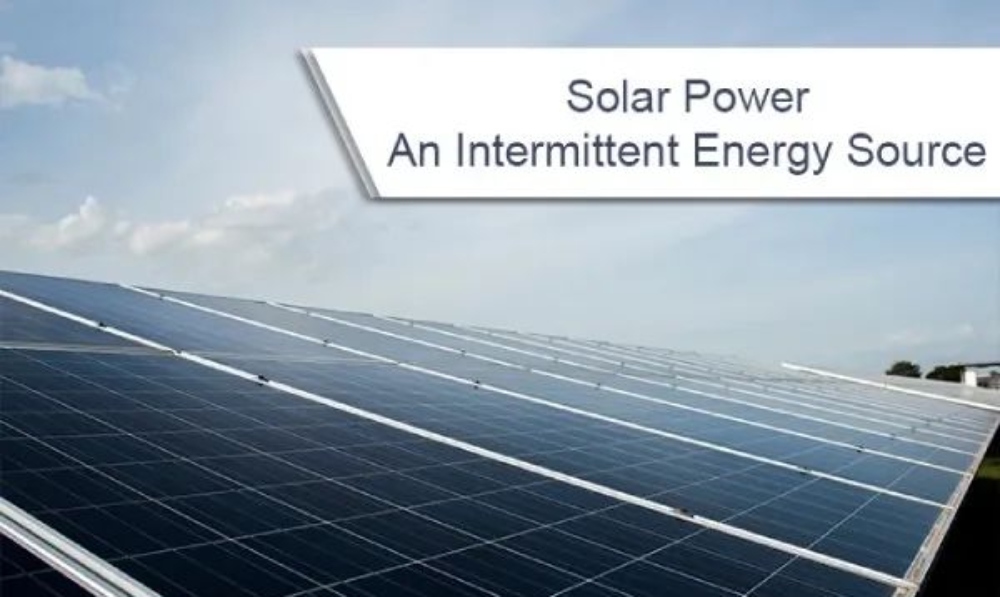
There are several reasons why solar energy is considered an intermittent source of energy. One is because there is no sun at night. Two is because the intensity of the sun varies throughout the day and depends on one's location and time of year. The third is that things like leaves, snow and clouds can significantly affect the total energy produced by the solar system.
03. Manufacturing solar panels has an impact on the environment:
Although solar panels produce zero-emission electricity, this is not the case when it comes to manufacturing solar panels. Today's systems contain potentially harmful toxins and pollutants, including sulfur hexafluoride. While this is more toxic than carbon dioxide, the environmental impact of carbon dioxide is still greater. In addition, the environmental impact of manufacturing solar panels is minimal compared to the impact of mining and fossil fuel use.
04. Space required for solar panel installation:
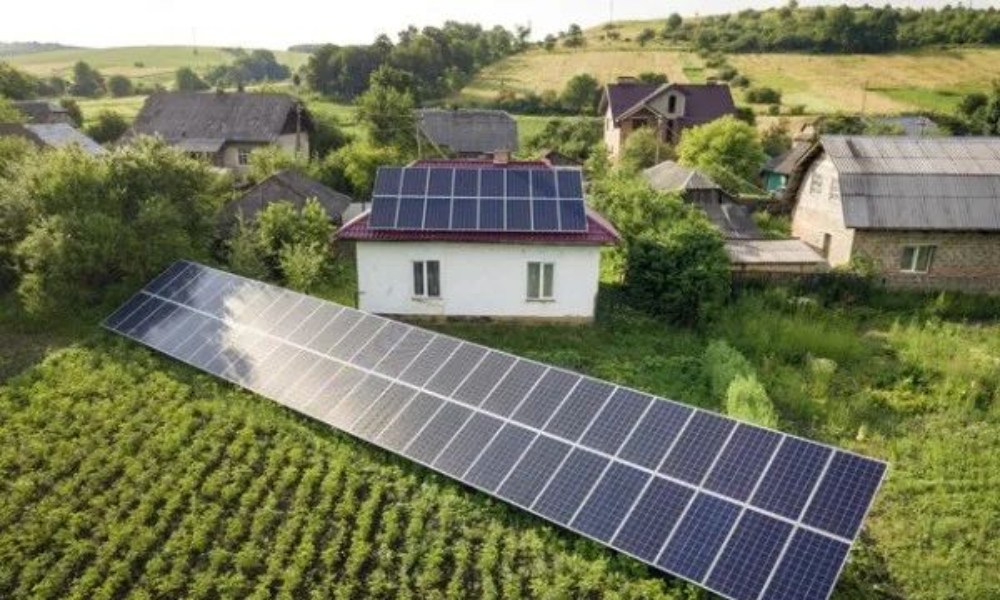
In order to meet energy demand, solar panels require space. For residential properties, there is usually enough space on the roof. However, when looking at larger grid-scale installations, space can sometimes be a problem. One of the reasons for this is the low power density of solar panels. Power density is the amount of power that can be generated from energy in a given amount of space, measured in watts per square meter. The power density of modern solar panels is much lower compared to fossil fuels.
05. Solar energy does not spread:
Moving solar panels is both expensive and difficult. If someone installs a solar system and then moves it, it will be extremely challenging to carry the panels. In addition, the net metering agreement with the utility company is fixed to the property where the panels are installed.
Investing in Solar Panels
Each person must decide for themselves whether solar panels are worth the investment. While they offer a range of attractive benefits, it is critical to look at the big picture, including the potential downsides, and make an informed decision. Take some time here to consider all the pros and cons of solar energy, and then talk to an industry professional. This will often help someone make the right decision for their needs. Being informed, knowing what to expect and taking the time to consider all angles is a way anyone can use to decide if solar panels are a wise investment for their home or business.



































